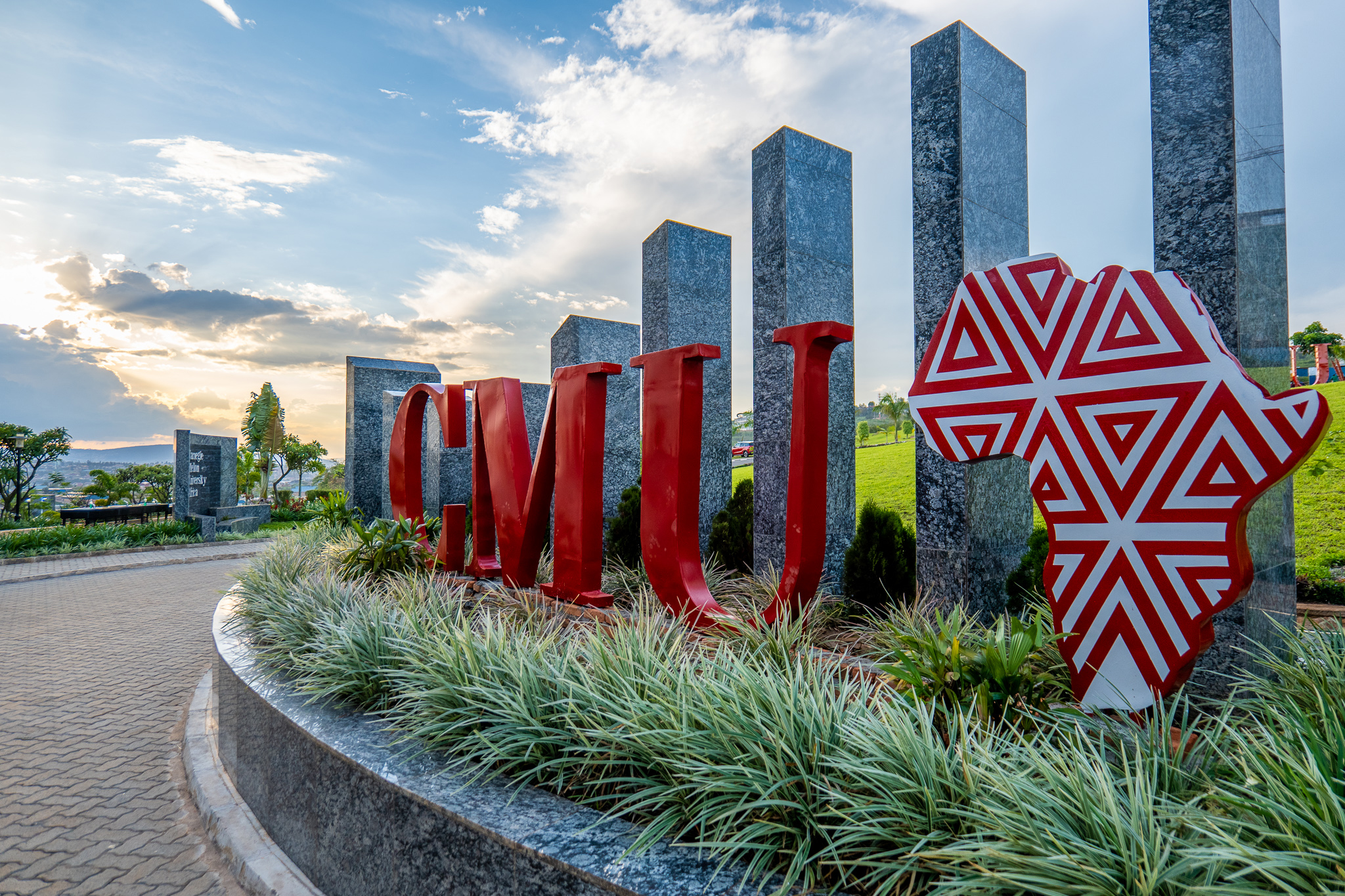
Data Science Club Competes in Hack-a-Thon
By Nicholas Zurawsky
The CMU-Africa Data Science Club competed in this year’s Umoja Hack. Umoja Hack is Africa’s premier inter-university hack-a-thon which includes three days of speakers, competitions, and networking events.
The CMU-Africa teams that competed were:
- xcv: Arsene Muhire (MSIT '23), country winner for Rwanda on the advanced challenge and ranked 31st on the global leaderboard.
- 00000: Paul Kyoma Asiimwe (MS ECE '22) and Ofentse Phuti (MSIT '23), country winners from Botswana on the intermediate challenge and ranked 127th on the global leaderboard.
- R2-D2: Oluwadara Adedeji (MS EAI '23), Olayiwola Arowolo (MS ECE '22), Aanuoluwapo Orioke (MS ECE '22), and Peter Owoade (MS EAI '22), the highest-ranked team from Rwanda in the intermediate challenge and 56th on the global leaderboard.
- dream-cats: Dan Majyambere (MSIT '23) and Jean Nshuti (MSIT '23), the highest-ranked team from Rwanda in the beginner challenge and ranked 132nd overall.
The Data Science Club was founded in 2016 with the mission of exposing students to the field of data science and providing opportunities for those students to engage in solving data science problems outside of class. CMU-Africa walked away with two prizes at this year's Umoja Hack. Cedric Manouan, the president of the Data Science Club and ambassador for Zindi (the data science networking organization that runs Umoja Hack), says that he thinks most students don’t realize how much their coursework has prepared them for real-world applications of computer science, and are excited by their performance at events like Umoja Hack. Manouan highlights the passion of his team and recalls being pleasantly surprised that everyone fell so naturally into working in a team environment, passionately working through the night and updating each other on Discord, an online messaging application, with their progress and encouragement.
Manouan explains "We joined the competition so that our members could work on real-world data sets and improve their skills with real-world data science and AI." He says that Umoja Hack was a good opportunity for the Data Science Club to get experience with practical AI applications.
Each year, the challenges of Umoja Hack involve three real-world applications of machine learning concepts. This year, the beginner challenge was to determine if an air quality sensor was faulty based on the output data, the intermediate challenge was to predict how much insurance a given client will claim in a month, and the advanced challenge was to build a model to predict how well commercial antivenoms will work against various African snake venoms.
Manouan says that the team enjoyed all three challenges, however, the antivenom analysis challenge was unique. The Data Science Club was full of computer engineers who did not know very much about the complex biology of snake venom and antivenom. The team had to translate the amino acids in the antivenoms into a system that they could then apply machine learning techniques to which were designed to interpret natural language.
The club plans to participate in Umoja Hack next year. During the upcoming semester, inspired by how much fun they had at the competition and the new connections they made, the club plans to host "innovation days," 3-5 days showcasing student projects in robotics, AI, and machine learning. The team has been working with the Kigali Digital Transformation Center to establish the M’baza community for anyone interested in natural language processing.